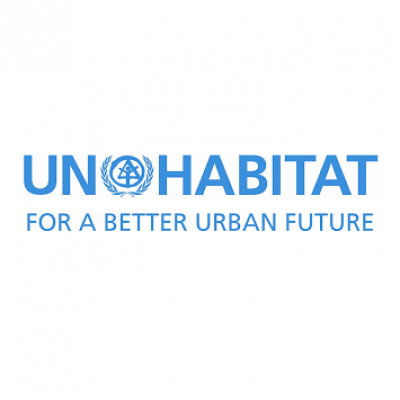Share
Print

The United Nations Human Settlements Program (UN-Habitat) was established in 1978, as a result of the United Nations Conference on Human Settlements (Habitat I). Headquartered in Nairobi, the capital of Kenya, the organization is the UN Agency's focal point for sustainable urbanization and human settlements. Our mandate is to work for social, economic and environmentally sustainable urban development with the aim of providing adequate housing for everyone.
As a specialized technical cooperation agency of the UN System, UN-Habitat works with all themes related to life in cities and with all types of actors, such as governments (federal, state and municipal), universities, NGOs and other institutions in the world. third sector, private sector and etc.
Our main projects deal with the following subjects:
Local and metropolitan urban planning and design
Urban legislation, soil and governance
Urban economy and municipal finance
Precarious / informal housing and settlements
Basic urban services (water, sanitation, energy, urban mobility and waste)
Urban security and public spaces
Empowerment of women and youth in cities
Citizen participation
Local economic development
Climate change and resilience
Disaster risk management and reduction and rehabilitation
Good habits
Urban indicators (Urban Prosperity Initiative and Urban Observatories)
Capacity research and development
2030 Agenda for Sustainable Development The UN-Habitat actively participates in global agendas, such as the 2030 Agenda for Sustainable Development (A / RES / 70/1), which is an action plan for people, the planet, the prosperity, peace and partnerships guided by the principle of “leaving no one behind”.
Still part of this agenda, which also has 17 Sustainable Development Goals (SDGs), UN-Habitat is responsible for SDG 11, known as “Urban SDG”, which seeks to “make cities and human settlements inclusive, safe, resilient and sustainable
